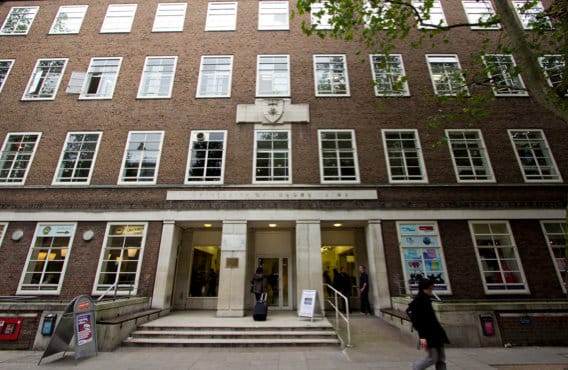ULU Referendum Extended

Students can now vote in the referendum on the future of ULU until 7th February, after union officers decided to extend the deadline for colleges to organise ballots. The decision was taken after several colleges failed to hold the referendum by 12th December, the original deadline. Michael Chessum, ULU President, explained that “it would clearly not be fair for the referendum to be completed and its results released without all members being given the opportunity to vote.”
Several colleges failed to organise a ballot in December
Hundreds of SOAS students voted this week, answering the question “Should ULU’s building, activities and campaign continue to be run democratically by students?” As they dropped their votes into the ballot box, they told the SOAS Spirit how important it was to have a democratically run student union. Elena, who is passionate about student-run activities, thought ULU should be “in tune with what we want, not a corporate operation.”
Another voter, Mija, added that student involvement was “the point of a student union.” However, Lisa was just worried about the expensive prices management could bring in.
The symbolic referendum is not binding for university management
Volunteers running the ballot were hopeful it would “show strength of feeling” and resistance to the unilateral decision to close ULU, but the result of the ballot is just symbolic and not binding for university management. What’s more, the chaotic organisation of the referendum highlights the governance issues that first prompted complaints about ULU by college student unions. Although an overwhelming ‘yes’ vote is expected when results are released in February, ULU still faces a black hole in their annual budget of around £800,000 as their lease from the university expires. Participating colleges withdrew their funding to ULU, including SOAS which diverted £39,000 to the college SU.
The only gain campaigners can seriously hope for is enough ‘yes’ votes to embarrass management into a U-turn, which is highly unlikely given the funding crisis.




